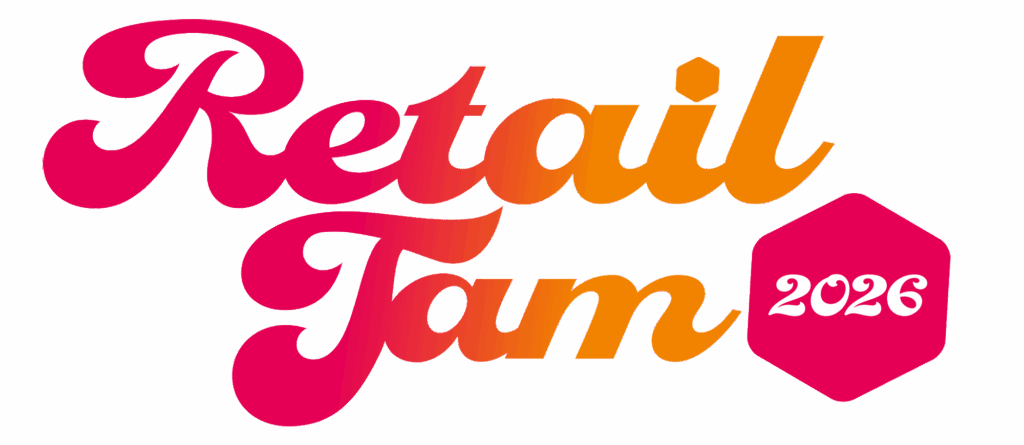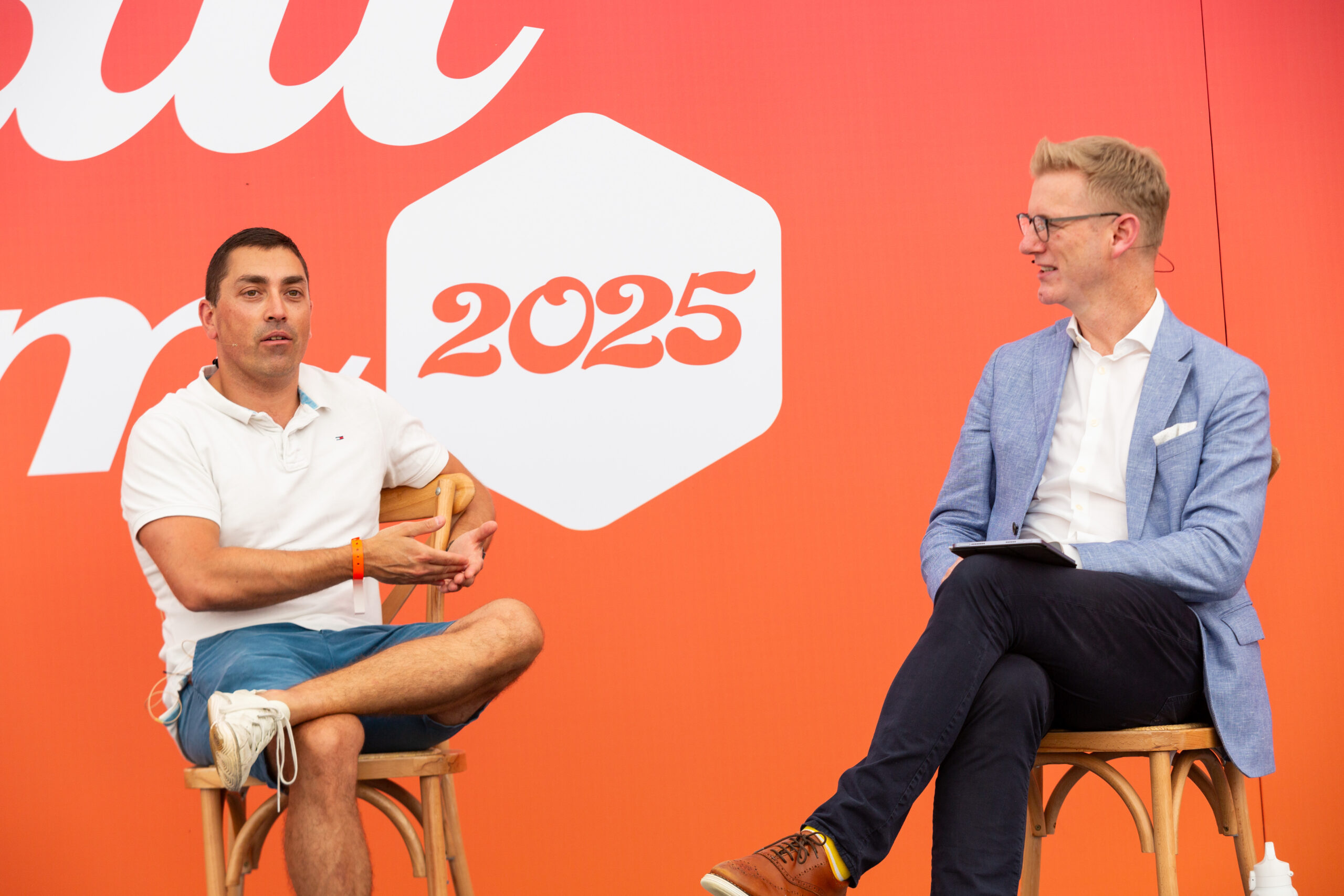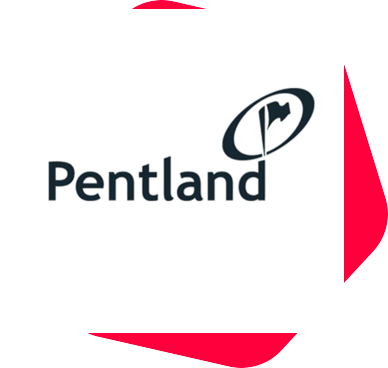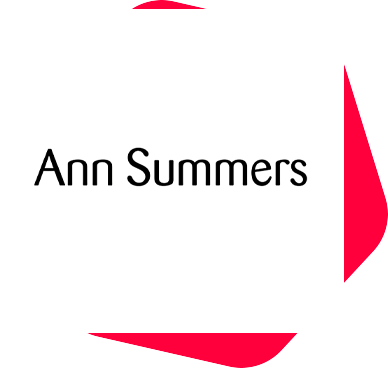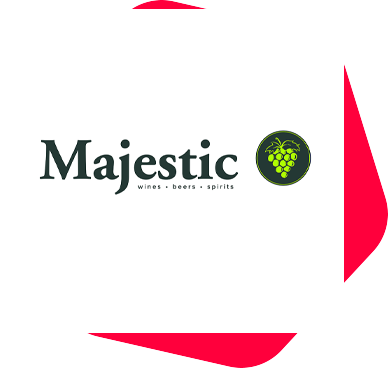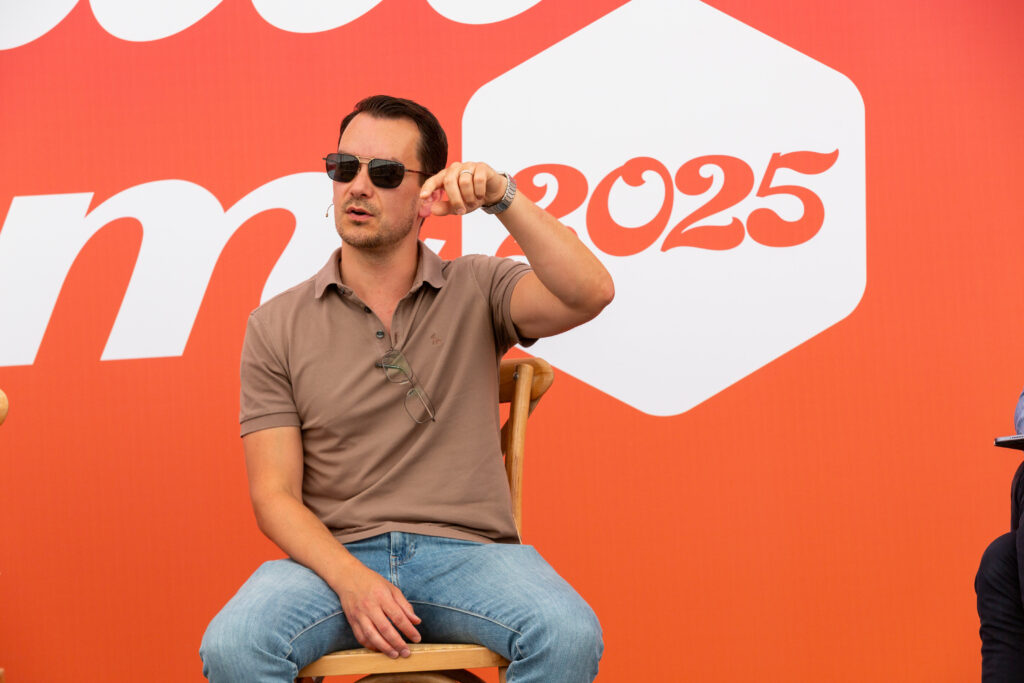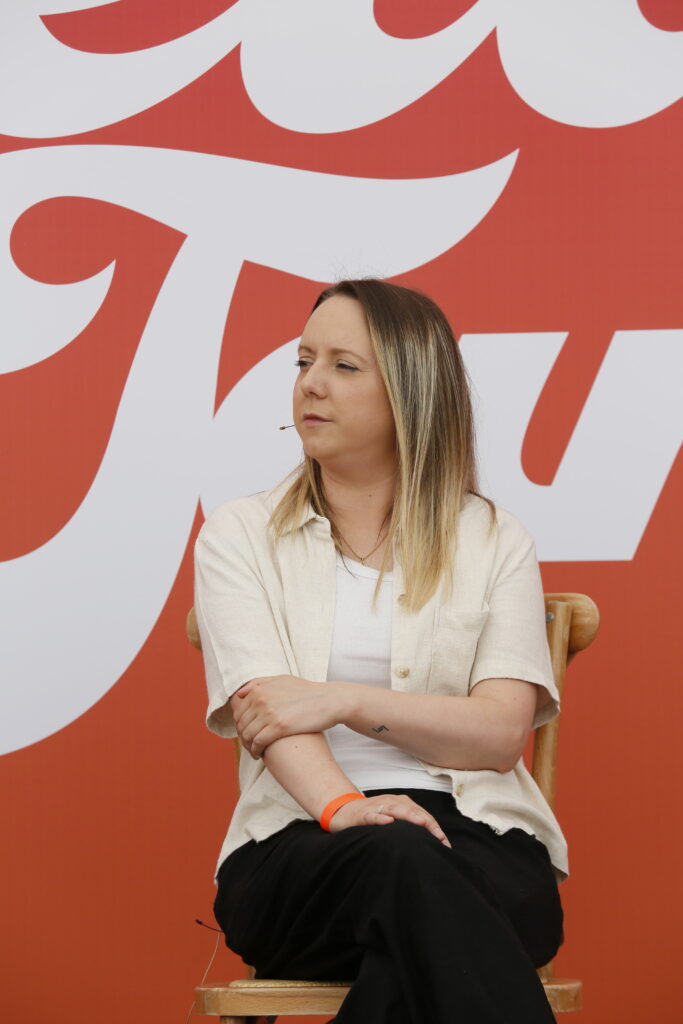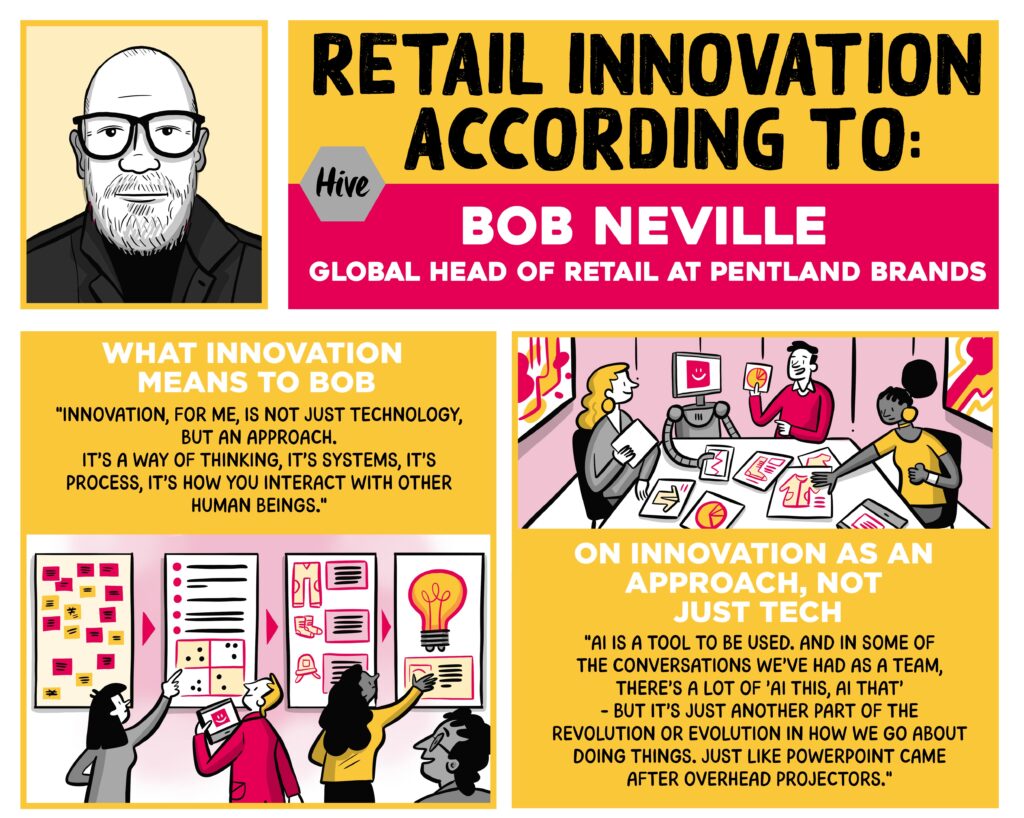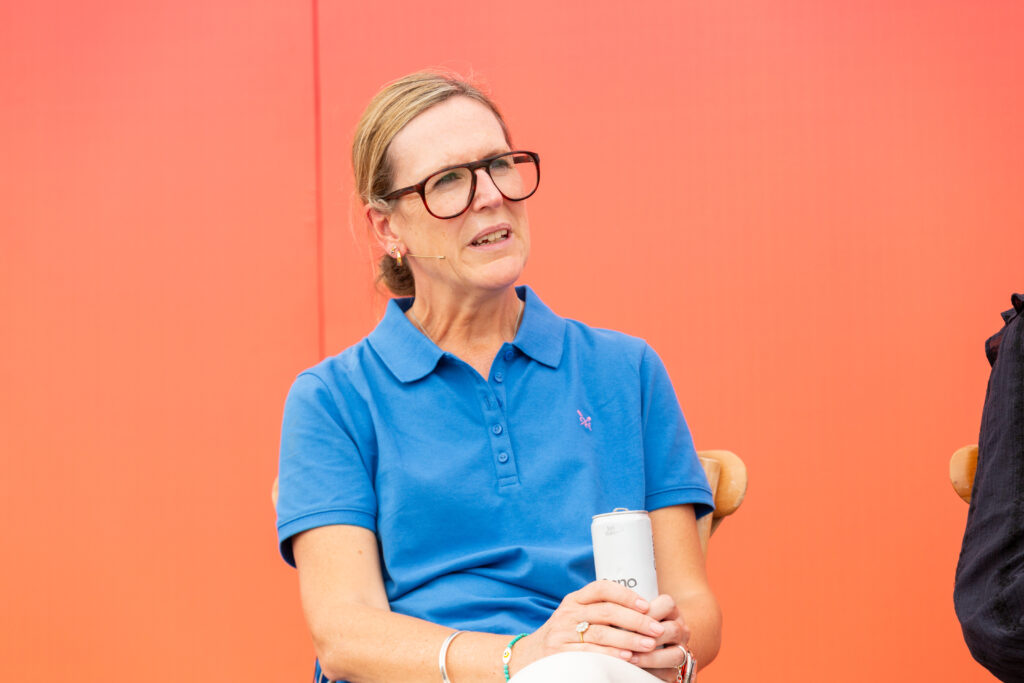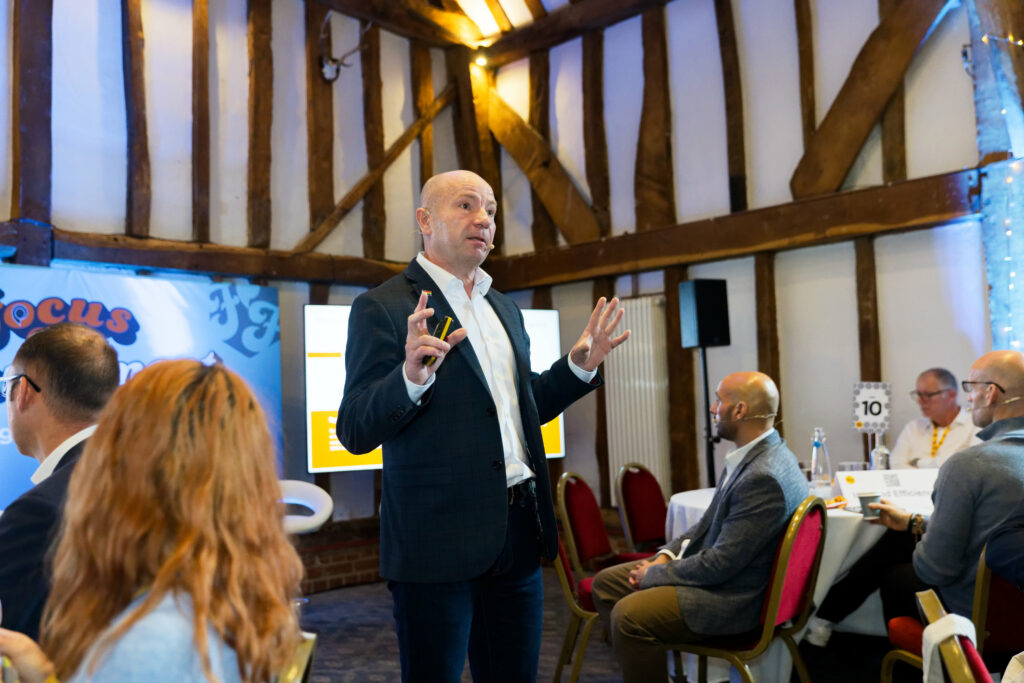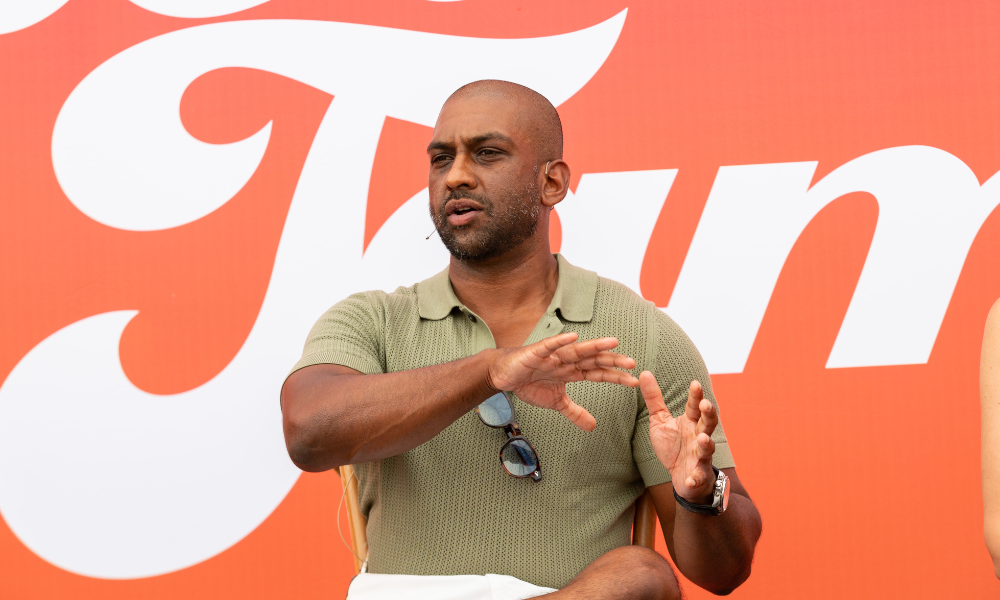Interview with Ranjit Patel, Director of Technology & Portfolio, Bulk
Sophie McCallum, Senior Producer at The Retail Hive, sat down with Ranjit Patel from Bulk to talk about scaling fast, working lean, and how digital transformation really happens inside a business that grew from a spare bedroom to well on its way to a £150 million brand.
Let’s start with Bulk and your role there, can you tell us what you do?
Bulk is a nutrition company. We sell protein powders, supplements, creatine, that kind of thing. It started back in 2005 in a spare bedroom and has grown into a major brand. I joined in Sept 2023 after a period of significant growth, my role is to help the business scale without losing the entrepreneurial spirit that made it successful in the first place.
Coming from a consulting background, I’d spent time across a wide range of sectors including telecoms, retail, finance and energy and mostly at much larger organisations. So moving into a smaller, fast-moving business like Bulk was a deliberate choice. It’s been a big shift, and a really energising one.
What does digital transformation mean to you in that context?
The term gets thrown around a lot, but at its core, it’s about changing how the business operates by combining people, process and technology. When I started out, change was usually tech-led, meaning you’d roll out a new system and hope for the best. It rarely worked as planned.
At Bulk, it’s more about making sure the technology supports how people work and how customers interact with us. We aim to think about the whole picture. For example, we are putting in a lot of effort into building up the structure behind the scenes, so we’re not just reacting to problems but enabling sustainable growth.
We’re lucky that we don’t have huge legacy systems, but we do have complexity. The company grew fast, and in doing so, it layered one SaaS platform over another. So while we don’t have technical debt in the traditional sense, we’ve ended up with a lot of functional and data sprawl. That’s the hidden complexity I and the team spend most of my time working through.
What can you tell us about how you are managing governance and risk while still enabling that innovation?
It’s a balancing act. In my old roles, governance was built-in through things like boards or formal processes. At Bulk, it’s much more personal. The leadership team moves quickly, and you have to be in the room at the right time to shape decisions. So a big part of my job has been about building trust and making sure technology has a voice and we plan effectively instead of jumping from one challenge to the next.
We’re still working lean, but we’re introducing some structure. We recently hired our first business analyst and architect. That sounds basic, but it’s a big step. It means we can think through what we’re trying to do before diving into delivery, instead of figuring things out retrospectively.
We’ve also started to push for more documentation, more consistency, and to reduce single points of failure. It’s not about slowing the business down, it’s about building the muscle memory to move quickly and safely.
Can you give us more detail on what strategy looks like in an environment like Bulk?
Right now, there’s no formal long-term tech strategy, which is fairly typical for a business this size. It’s more about reacting to what’s in front of us and keeping up with the pace of change. That has its advantages – we can prototype quickly and get things into market fast – but it also means things can become disconnected.
The big goal for us is to shift from just solving problems to building platforms and capabilities. Rather than picking the quickest or cheapest solution, we want to make decisions that will serve us well in two or three years. But that also means helping the organisation develop patience and a bit more comfort with ambiguity. Especially with AI and the pace of digital change, there’s no fixed roadmap anymore. You have to work in chunks, test, learn and stay flexible.
What’s the biggest lesson you’ve taken from working at Bulk?
Keep it simple. When I worked in big corporates, it was easy to get lost in stakeholder management and decks and governance frameworks. All of that has its place, but sometimes it distracts from the real problem you’re trying to solve.
One of our execs said something that stuck with me. We were talking about how to manage a tricky stakeholder, and he said, “That’s not the problem. The problem is the problem.” That mindset really helps.
I used to joke that I wouldn’t go to the toilet without doing a slide deck. At Bulk, I’ve done maybe five decks in two years. Half of them probably weren’t even used. And honestly, that’s been refreshing. It’s a very different way of working, it’s more direct and more human.
